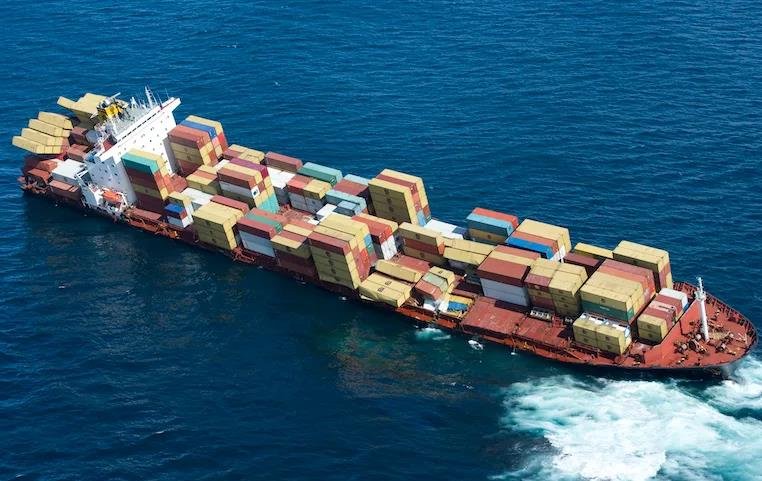Greek banks have made significant strides in the global ship finance market, demonstrating resilience and growth despite challenging conditions. According to the latest annual report by Petrofin Research, Greek banks increased their financing for the shipping industry by 13% in 2023, reaching $15 billion. This growth has positioned Greek banks as key players in the global ship finance market, with their market share rising from 4.6% to 5.2%. This article explores the factors contributing to this rise and the implications for the global shipping industry.
The growth of Greek banks in the ship finance market can be attributed to several factors. Firstly, the strategic focus on the shipping industry has allowed Greek banks to capitalize on opportunities that other international banks have scaled back from. This focus has enabled Greek banks to build strong relationships with shipping companies and offer tailored financial solutions that meet their specific needs.

Another factor contributing to the growth is the robust performance of the tanker market. The tanker market continued its strong performance in 2023, supported by slow fleet growth and buoyant ton-mile demand. This positive market environment has provided Greek banks with lucrative opportunities to finance new vessels and expand their portfolios.
Additionally, the Greek banking sector has benefited from the overall growth in global GDP, which increased by 3.2% in 2023. This economic growth has driven demand for shipping services, further boosting the need for ship finance. Greek banks have been well-positioned to meet this demand, leveraging their expertise and strong market presence.
Strategic Initiatives and Investments
Greek banks have implemented several strategic initiatives to enhance their position in the global ship finance market. One such initiative is the focus on environmental, social, and governance (ESG) considerations. By aligning their financing activities with ESG principles, Greek banks have been able to attract environmentally conscious shipping companies and investors. This alignment has not only enhanced their reputation but also opened up new avenues for growth.
Investments in technology and digitalization have also played a crucial role in the growth of Greek banks. By adopting advanced technologies, Greek banks have improved their operational efficiency and customer service. This technological edge has enabled them to offer innovative financial products and services, further strengthening their competitive position in the market.
Moreover, Greek banks have actively participated in international collaborations and partnerships. These collaborations have provided them with access to new markets and opportunities, allowing them to diversify their portfolios and mitigate risks. By leveraging their global network, Greek banks have been able to expand their reach and enhance their market share.
Implications for the Global Shipping Industry
The rise of Greek banks in the global ship finance market has significant implications for the shipping industry. Firstly, it provides shipping companies with more financing options, enabling them to secure the necessary funds for fleet expansion and modernization. This increased access to finance is crucial for the industry’s growth and sustainability.
Secondly, the focus on ESG considerations by Greek banks is likely to drive positive changes in the shipping industry. As more shipping companies seek financing from banks that prioritize sustainability, there will be a greater emphasis on adopting environmentally friendly practices and technologies. This shift towards sustainability will contribute to reducing the industry’s environmental impact and promoting long-term resilience.
Furthermore, the growth of Greek banks in the ship finance market highlights the importance of regional players in the global financial landscape. As international banks scale back their investments, regional banks like those in Greece are stepping up to fill the gap. This trend underscores the need for a diverse and resilient financial ecosystem that can support the needs of the global shipping industry.








